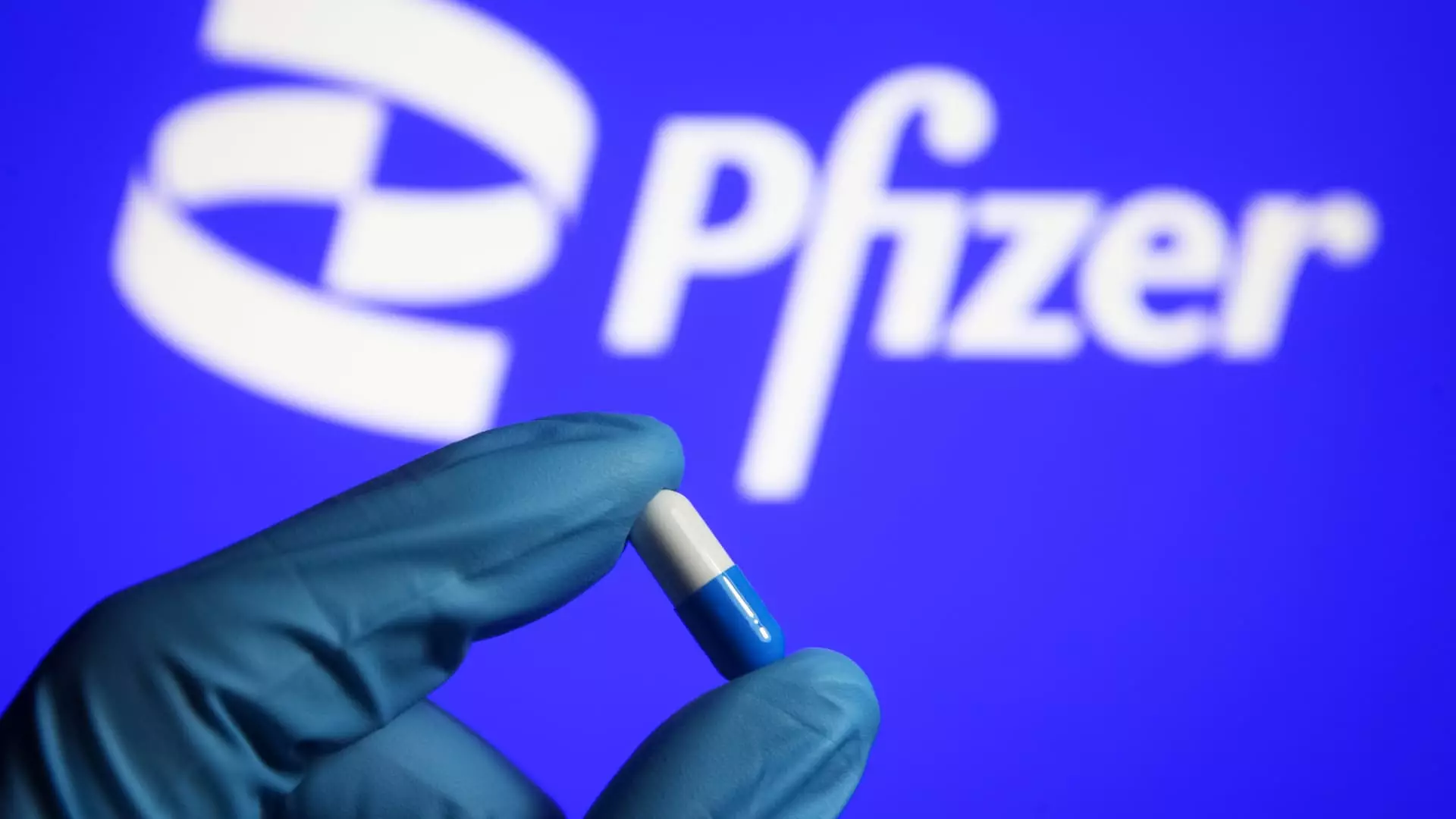Pfizer has recently announced its decision to move forward with the development of a once-daily version of its weight loss pill, danuglipron. This decision comes after the company observed “encouraging” data in an ongoing early-stage study. After evaluating several once-daily formulations of the drug, Pfizer identified one that had “the most favorable profile” in terms of safety and efficacy.
The pharmaceutical giant plans to conduct more early-stage trials in the second half of the year to determine the ideal dose of the drug, with results expected in the first quarter of next year. These trials will help inform the registration enabling studies, which are essential for regulatory approval. Pfizer aims to position danuglipron as a competitive player in the oral GLP-1 space, alongside other weight loss and diabetes drugs.
Despite facing setbacks in the past, including discontinuing a different once-daily pill and struggling to break into the GLP-1 market, Pfizer remains optimistic about its potential in the obesity space. The company sees obesity as a key therapeutic area and has a robust pipeline of experimental drugs in early stages of development. Pfizer believes that GLP-1 drugs are just the beginning of what we will see in the treatment of obesity.
Danuglipron is a GLP-1 agonist that promotes weight loss by mimicking a hormone produced in the gut called GLP-1. This hormone signals to the brain when a person is full, helping to regulate appetite and reduce caloric intake. Pfizer’s approach to weight loss through the development of danuglipron is similar to Novo Nordisk’s injection Wegovy and diabetes treatment Ozempic.
Pfizer’s decision to pursue a once-daily version of danuglipron shows the company’s commitment to innovation in the weight loss and diabetes space. With promising data from early-stage trials, Pfizer aims to position itself as a key player in the highly competitive market for GLP-1 agonists. Despite previous setbacks, Pfizer remains optimistic about the future of obesity treatment and continues to invest in research and development to address this critical health issue.

